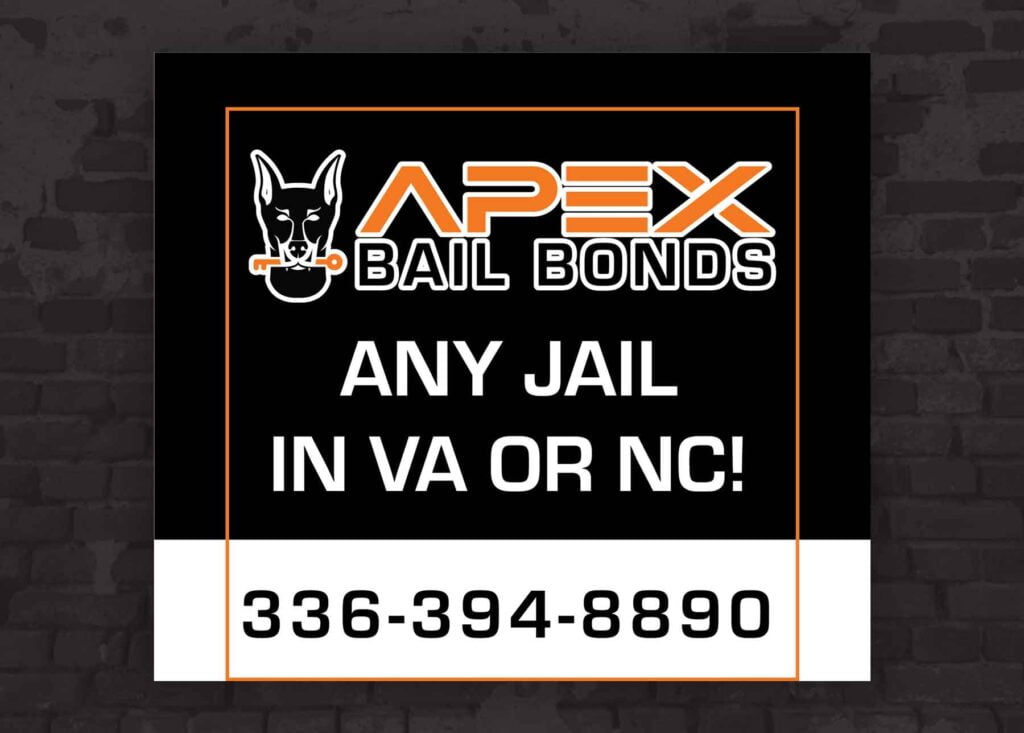
Bail Bond Collateral - Overview
- Return to court for all hearings
- Comply with all bail restrictions that the court sets during the bail hearing
The cash bail bond format is the most basic and involves a cash payment to the court. The court will return the cash amount if the defendant attends all hearings and meets all bail conditions.
Note that the case’s outcome does not impact whether the court returns the bail. For example, if the court reaches a guilty verdict, the court will return the bail amount, provided that the defendant appeared for all court dates.
However, in some cases, defendants or their families don’t have the cash to bail themselves out of jail. If this is the case, you can consider a property bond or a surety bond.
As your 24 hour bondsman
we are always available to take your call!
Property Bonds
Under a property bond, you may use real estate or another form of tangible property to secure the defendant’s release. This option is ideal if you don’t have the financial means to post a cash bond on behalf of a defendant but own a property with sufficient unencumbered equity.
Each state has unique property bond requirements. Generally speaking, you can only use a house as collateral for someone’s bail if you have full and irrevocable property ownership. The property can have other owners, but the court will require these owners’ consent to use the property for bail bond collateral.
Unencumbered Equity and Property Value
Your unencumbered equity should also be sufficient to cover the bail amount minus any constitutional exemptions that may apply. Most states require that a surety (the property owner) has unencumbered equity that is 150% to 200% of the bail amount.
A value assessment is another typical requirement for property bail bonds. The court wants to know that it will have no difficulty foreclosing on a lien. However, if the property is in poor condition or in a location that will make it challenging to sell, the court may not accept the property as collateral.
Other value assessment tools that the court may use to determine your property’s value include:
- Tax office records
- The register of deeds
- The index of civil judgments
Once the court knows there are no judgments, liens, or encumbrances on a property, it may approve the property bond and register a lien. A mortgage on the property will not be a problem, provided that your equity value sufficiently exceeds the bail amount.
If the defendant adheres to all bail restrictions and appears during all hearings, the court will release the lien on your property.
The Risks of a Property Bond
In many cases, when sureties issue property bonds, their only aim is to secure a defendant’s release. When considering this option, you may understand that you risk losing the property if the defendant fails to appear in court or comply with other bond conditions.
However, if your loved one has a history of trying to evade their responsibilities, you should think twice about putting your property ownership on the line. If you don’t have the financial means to put a cash bond forward, you shouldn’t have to risk losing your home.
Under a surety bond, you can eliminate the costs of a cash bond and the high risks of a property bond.
Surety Bonds
A surety bond is a type of bail bond you post through a bail bonds company, such as Apex Bail Bonds.
How does a surety bond work?
Suppose the court grants your loved one bail and sets a bail amount you can’t afford. In this case, you can contact a bail bondsman, who will act as guarantor under a surety bond with the court.
In other words, the bail bondsman undertakes to pay the bail amount in full if the defendant flees or fails to appear in court. In exchange, you need to pay the bail bondsman a fixed, non-refundable fee or premium, which is 10% to 15% of the bail amount.
For example, suppose the court grants your loved one bail of $10,000. Instead of paying this total amount to the court, you pay the bail bondsman the premium fee of $1,500. In turn, the bail bondsman will post bail and secure your loved one’s release.
Using Property as Collateral for Surety Bonds
24/7 Bail Hotline – Speak To a Bondsman Now
At Apex Bail Bonds, we aim to make the bail bond process as convenient and affordable as possible. Our premiums are payable in installments, and we may offer a special low rate on large bonds and some attorney referrals. If you have a loved one in jail, take advantage of our flexible professional bail bond services.
Because we aim to provide you with a financial solution that fits your needs, our bail bonds company accepts collateral. If your loved one is in jail, take immediate action by speaking with a local bondsman now.
